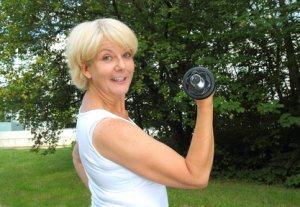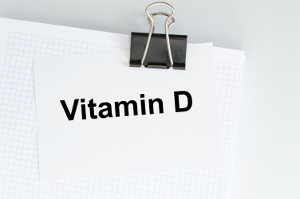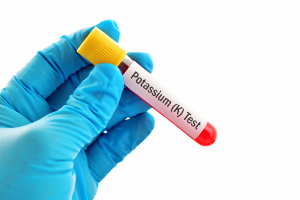- and older people should ideally consume more than the official recommendations
 Undernourishment and lack of protein is common among older people. Evidence even suggests that the recommended daily intake of protein is too low, at least as far as seniors is concerned. The problem is most likely a slowdown of the muscle-building enzyme processes. The quality of protein also has something to say just like the amount of physical activity is a factor.
Undernourishment and lack of protein is common among older people. Evidence even suggests that the recommended daily intake of protein is too low, at least as far as seniors is concerned. The problem is most likely a slowdown of the muscle-building enzyme processes. The quality of protein also has something to say just like the amount of physical activity is a factor.
 Headache, aching joints, and other types of chronic pain are typically caused by myofascial pain syndrome, which is characterized by localized pain. There can be many underlying causes of this condition, but according to a Thai study published in BMC Nutrition, lack of sunshine and too little vitamin D are quite common among patients. Magnesium therapy may also have an effect, according to a study published in BMC Oral Health.
Headache, aching joints, and other types of chronic pain are typically caused by myofascial pain syndrome, which is characterized by localized pain. There can be many underlying causes of this condition, but according to a Thai study published in BMC Nutrition, lack of sunshine and too little vitamin D are quite common among patients. Magnesium therapy may also have an effect, according to a study published in BMC Oral Health.
 Loss of muscle mass may be a result of a number of factors such as lack of exercise, too little protein, and ageing. Insulin resistance and acid accumulation are also related to loss of muscle mass, and it looks as if increased intake of vegetables with potassium, a base-forming mineral, is linked to decreased loss of muscle mass in men – but not in women.
Loss of muscle mass may be a result of a number of factors such as lack of exercise, too little protein, and ageing. Insulin resistance and acid accumulation are also related to loss of muscle mass, and it looks as if increased intake of vegetables with potassium, a base-forming mineral, is linked to decreased loss of muscle mass in men – but not in women.
 “After about one week of taking the Q10 capsules I could feel a huge difference. I sleep much less and have energy to enjoy life again,” says 23-year old Alan Piccini, who has been suffering from extreme fatigue and muscle aches ever since he was a child.
“After about one week of taking the Q10 capsules I could feel a huge difference. I sleep much less and have energy to enjoy life again,” says 23-year old Alan Piccini, who has been suffering from extreme fatigue and muscle aches ever since he was a child.
 Vitamin D is essential for muscle function and normal muscle size, according to a new study that is carried out by scientists at Westmead Institute for Medical Research in Sidney. Lack of vitamin D may result in impaired muscle function, including such problems as poor physical fitness level, muscle tension and loss of muscle mass.
Vitamin D is essential for muscle function and normal muscle size, according to a new study that is carried out by scientists at Westmead Institute for Medical Research in Sidney. Lack of vitamin D may result in impaired muscle function, including such problems as poor physical fitness level, muscle tension and loss of muscle mass.
 Undernourishment and lack of protein is common among older people. Evidence even suggests that the recommended daily intake of protein is too low, at least as far as seniors is concerned. The problem is most likely a slowdown of the muscle-building enzyme processes. The quality of protein also has something to say just like the amount of physical activity is a factor.
Undernourishment and lack of protein is common among older people. Evidence even suggests that the recommended daily intake of protein is too low, at least as far as seniors is concerned. The problem is most likely a slowdown of the muscle-building enzyme processes. The quality of protein also has something to say just like the amount of physical activity is a factor.












 Loss of muscle mass may be a result of a number of factors such as lack of exercise, too little protein, and ageing. Insulin resistance and acid accumulation are also related to loss of muscle mass, and it looks as if increased intake of vegetables with
Loss of muscle mass may be a result of a number of factors such as lack of exercise, too little protein, and ageing. Insulin resistance and acid accumulation are also related to loss of muscle mass, and it looks as if increased intake of vegetables with 

 "After about one week of taking the Q10 supplement I could feel a huge difference," says 23-year old Alan Piccini, who has been suffering from extreme fatigue and muscle aches ever since he was a child.
"After about one week of taking the Q10 supplement I could feel a huge difference," says 23-year old Alan Piccini, who has been suffering from extreme fatigue and muscle aches ever since he was a child. “Taking capsules with co-enzyme Q10 has freed me of the severe side effects of my cholesterol lowering medicine,” Mrs Franken explains.
“Taking capsules with co-enzyme Q10 has freed me of the severe side effects of my cholesterol lowering medicine,” Mrs Franken explains.